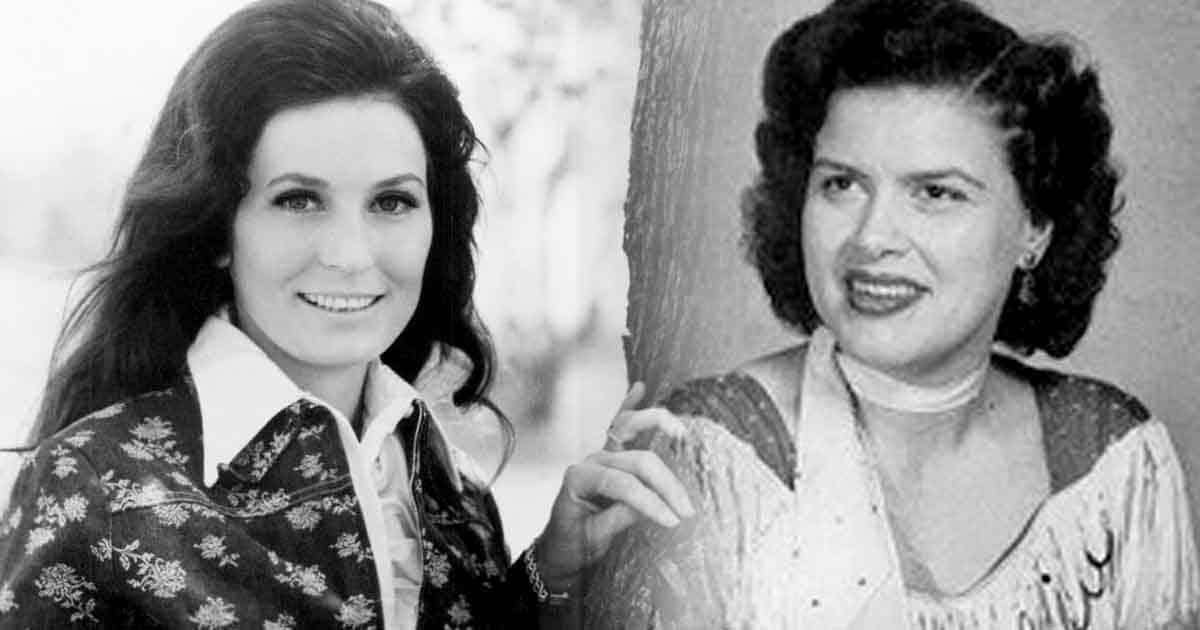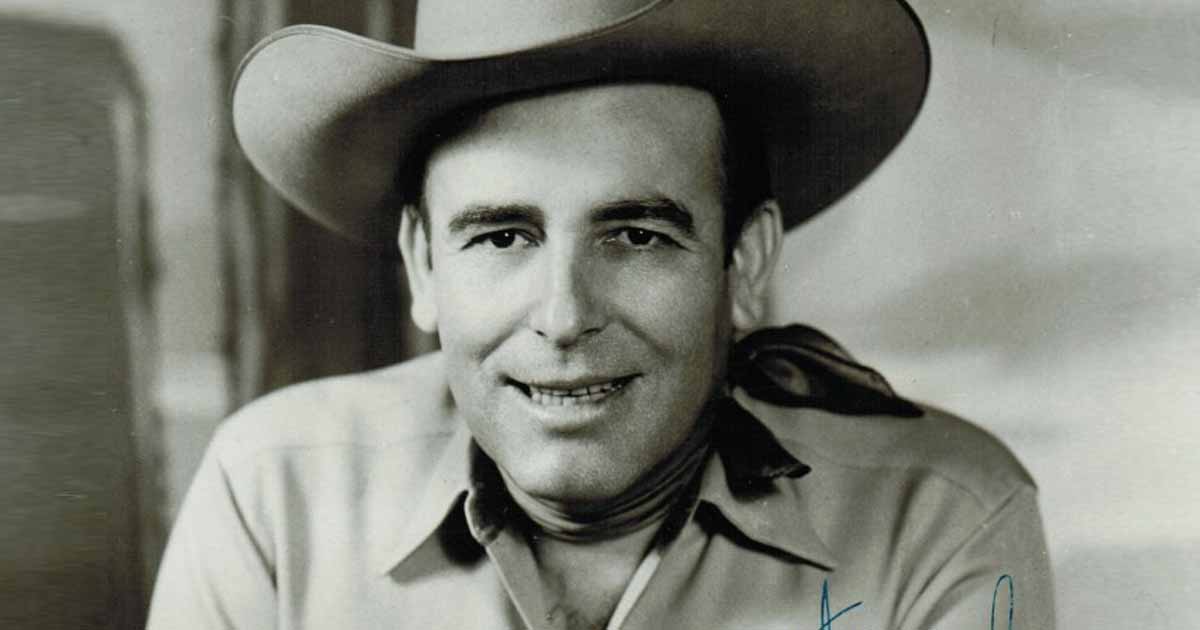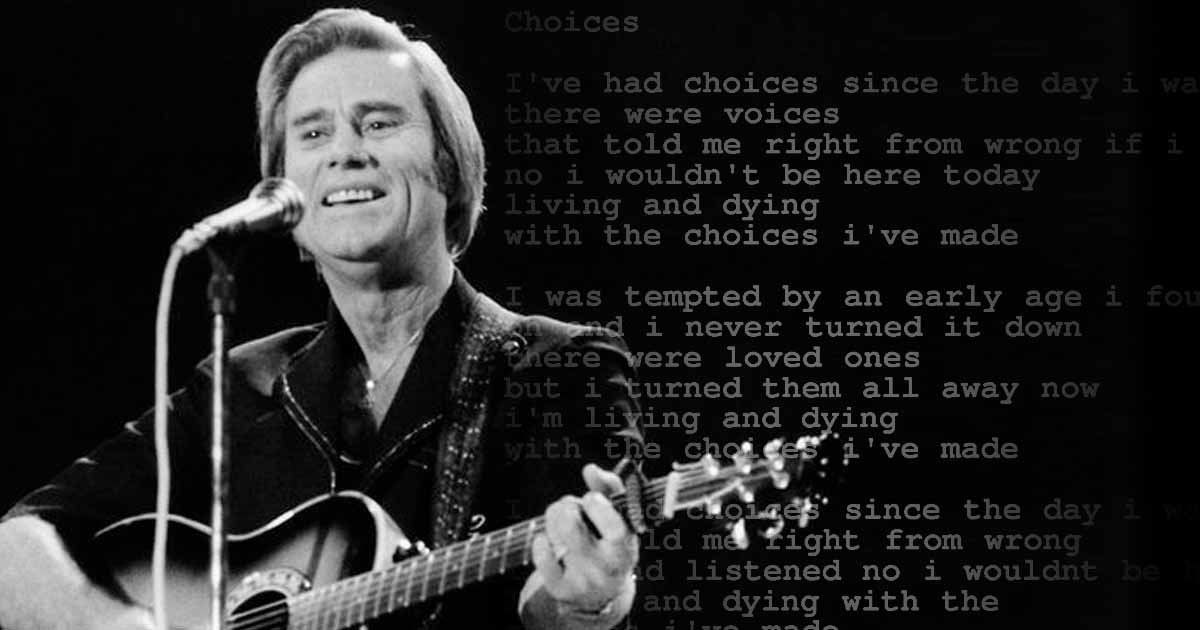Country legend Charley Pride adds another prestigious award on his growing list of accolades. Pride is the recipient of the inaugural Grammy Museum Mississippi’s Crossroads of American Music Awards.

Honoring Charley Pride’s Legacy and Contributions
The Grammy Museum Mississippi’s Crossroads of American Music Award aims to honor an artist who has made significant musical contributions that are “influenced by the creativity born in the cradle of American music.”
The award will acknowledge Pride’s groundbreaking cultural and commercial impact in country music. He is a three-time Grammy Award winner as well as a 2017 Lifetime Achievement Award recipient. He also has more than 30 number one songs since the late sixties, including “Is Anybody Goin’ to San Anton” and “Kiss an Angel Good Mornin’.”
via 2911 Media*/Rolling Stone
In 2010, he was inducted into the Country Music Hall of Fame and released his most recent album, Music in My Heart, in 2017.
“I’m honored to be the first recipient of this award from the Grammy Museum Mississippi. And thankful to the many great American music artists before me that helped to pave the way for my success. I applaud the Museum for celebrating those artists and championing the importance of American music.”
Pride will appear at the Grammy Museum’s Mississippi 2019 Gala to accept the award on the 1st of November.
Executive Director of Grammy Museum Mississippi expressed that they are thrilled to have Pride as the first-ever recipient of the award.
“As a native of Mississippi, Charley has had a significant impact on American music with his uncompromising honky-tonk country music. Charley broke new ground in the ’60s when he emerged as one of the most successful black country artists at that time. It’s an honor to recognize Charley Pride as the inaugural recipient of our Crossroads of American Music Award.”

Pride is also a featured commentator in Ken Burns’ new Country Music series currently airing on PBS, in which he discusses his triumphs and struggles as an African-American country singer in the wake of the Civil Rights movement.



















